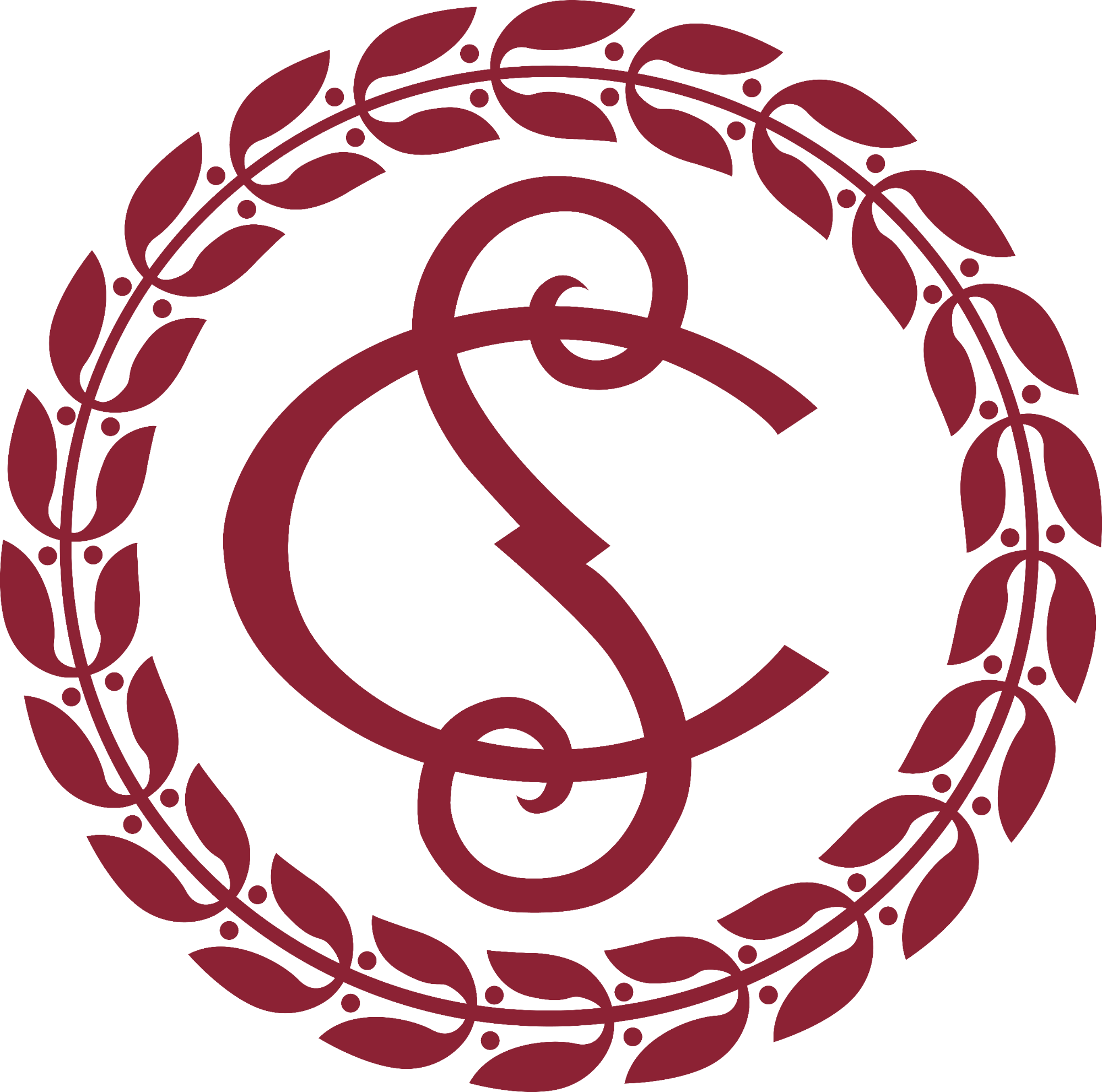Glossary of terms
A list of terms often used at the Supreme Court of Canada.
A
- Affidavit
- A statement in writing that is sworn under oath or solemnly affirmed before a commissioner of oaths.
- Affidavit of Service (see also service)
- An affidavit whose purpose is to certify that a document has been served.
- Agent
- A lawyer practicing in the National Capital Region who is hired to provide procedural assistance on matters before the Supreme Court of Canada. You are not required to have an agent on an application for leave to appeal or on an appeal.
- Appeal
- A proceeding in which a case is brought before a higher court to have it review a lower court’s judgment.
- Appeal allowed
- When a court overturns the lower court decision.
- Appeal dismissed
- When a court agrees with the lower court decision.
- Appellant
- A person who is granted leave to appeal and who brings an appeal.
- Applicant
- A person who applies for leave to appeal to the Supreme Court of Canada or who brings a motion.
- Application for leave to appeal
- The request made by a party for the Supreme Court of Canada to hear their case. The Court grants leave, meaning it agrees to hear the case, when a case involves a question of public importance.
- Includes excerpts from legislation, case law, articles, books and treaties.
C
- Commissioner of oaths
- A person authorized under federal or provincial legislation or rules of practice, as the case may be, to conduct examinations or to commission affidavits.
- Coram
- The panel of judges who hear and decide a case.
- Counsel
- (see lawyer)
- Court appealed from
- The court from which an appeal is brought directly to the Supreme Court of Canada. In most cases, it is a provincial court of appeal or the Federal Court of Appeal.
- Criminal matter
- A court proceeding involving an alleged violation of a public law statute such as the Criminal Code or the Controlled Drugs and Substances Act.
- In some very limited types of criminal cases, an appeal may be brought as of right where one judge in the court of appeal has dissented on a point of law.
D
- Dissent
- An opinion by a judge or judges who disagree with the majority of judges deciding an appeal.
E
- Extension of time
- A period of additional time beyond the normal due date to take an action, file a document, make a decision or complete a task.
F
- Family matter
- A proceeding dealing with matters relating to the family, such as divorce and child custody.
- Filing (file)
- The delivery of documents that are required for the Registry of the Supreme Court of Canada. Most documents are filed through the Electronic Filing Portal. The Registrar must accept a document for filing. The filing date is the date it is received in the Registry.
H
- Hearing
- A proceeding before a judge or a court in which arguments are presented to decide the appeal.
J
- Judgment
- The final decision that ends the appeal which can be pronounced from the bench at the end of the appeal hearing or delivered with written reasons at a later date. Once in a while, a decision from the bench will be followed by written reasons later.
- Jurisdiction
- The authority of a court to hear certain cases.
- Jurisprudence
- A collection of reported cases that form the body of law within a given area which forms precedents for future cases.
L
- Lawyer
- A person licensed to practice law, conduct lawsuits or give legal advice.
M
- Memorandum of argument on application for leave to appeal
- The documents filed by the applicant and respondent that set out their legal arguments on whether the Court should grant or dismiss the application for leave to appeal.
- Motion
- A formal request to a judge, the Court or the Registrar to take some action, for example, to extend the time to serve and file an application for leave to appeal.
P
- Party
- An appellant, applicant, respondent or intervener to an appeal or application for leave to appeal.
R
- Respondent
- A party who is opposing the appeal or application for leave to appeal.
S
- Service (serve)
- The act of delivering a document that is filed with the Court to another party.
- Style of cause
- The title of the proceeding which sets out the names of all the parties and their role in the proceeding (for example, John Doe (Applicant) v. His Majesty the King (Respondent)).
T
- Transcript
- A written copy of the oral proceedings of the court.
Date modified: 2024-12-17
